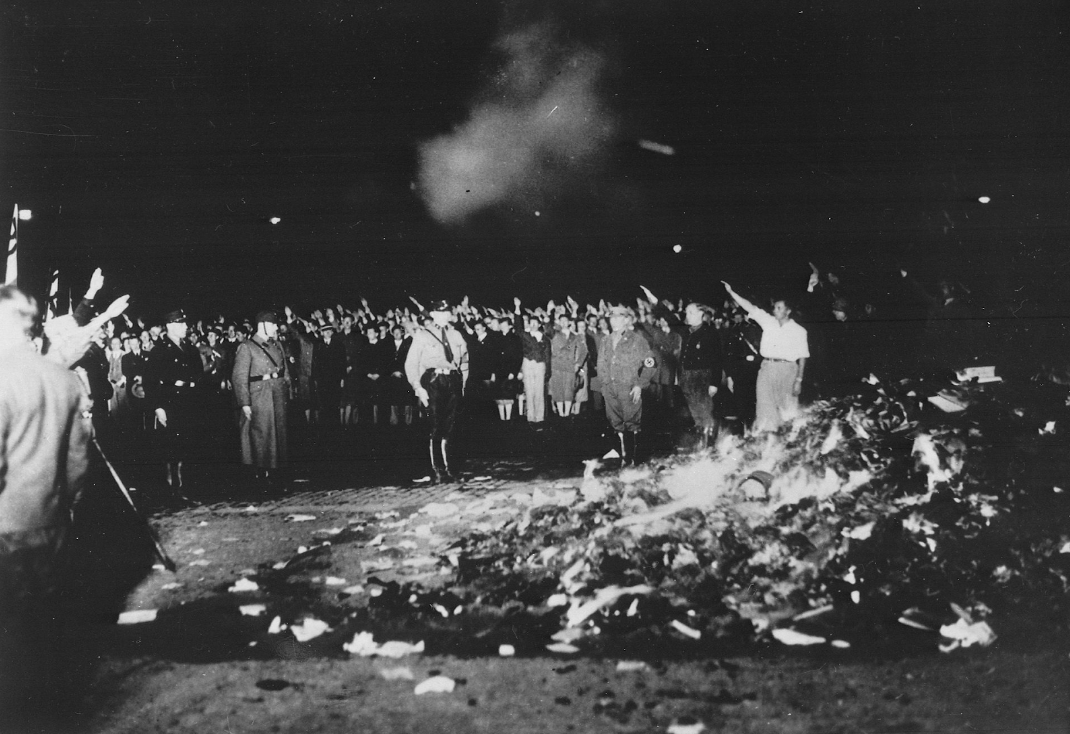Tegan talks about the environment and the effects we have on it.
By: Tegan Mazurek
-Staff Writer-
It is that time of year when the temperatures outside drop and the thermostat goes up. However, as the thermostat goes up so does the electricity bill. In the U.S. about 57.5 million homes, approximately half of the nation, use natural gas as a primary heat source.
The shale process of extracting the natural gas is composed of 70 to 90 percent methane, a greenhouse gas which according to the EPA, has 20 times the amount of warming power of carbon dioxide and can remain in the atmosphere for nine to 15 years.
With that much methane in the earth’s atmosphere, it is undeniable that people have contributed to the changing climate of the earth.
Since 1850, global temperatures have shown a warming increase. In the last few decades, the pattern of warming has been alarmingly rapid. A mere temperature rise on a global scale wrecks havoc with the delicate natural order of the earth. Scientist have connected rising temperatures to the loss of biodiversity, acidification of oceans, threats to Western forests, increase of infectious disease in all parts of the animal kingdom, melting of ice and a rising sea, and major threats to humans through weather and natural disaters.
But there are choices individuals can make to influence a difference for future generations.
There are many ways to conserve energy and access green energy sources. To conserve the energy sources we use, make sure all windows and exterior doors are tightly sealed so excess heat does not escape. Residents can turn the thermostat lower when no one is home.
Green heat sources are also available. While they are a pricey investment, solar panels save bundles in the long run. If those options do not work the home, ask a supplier about buying green power. Green power is electricity produced by renewable resources.
Change starts with the individual. Any change in activity will not have an immediate effect, but it will definitely prevent future generation from being in hot water.











